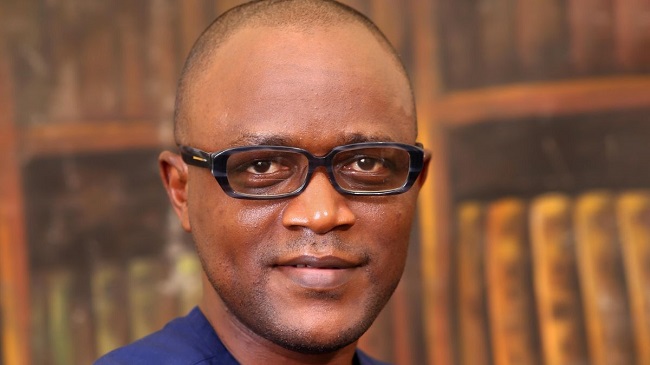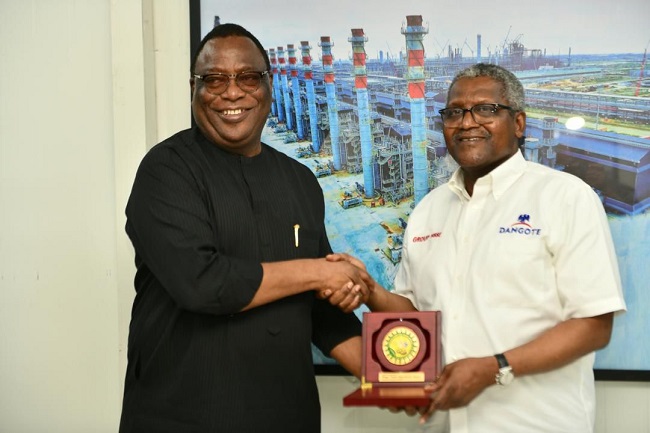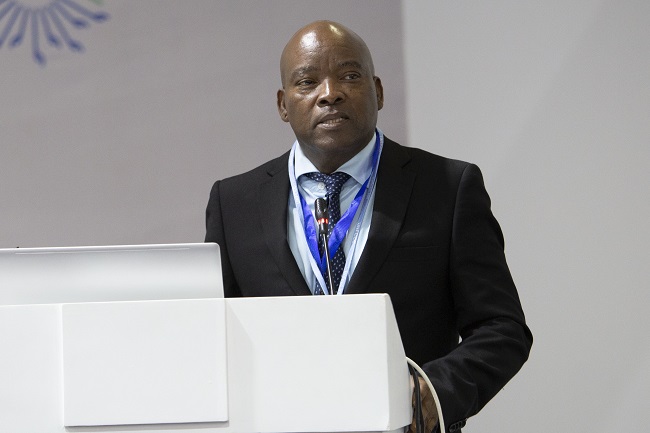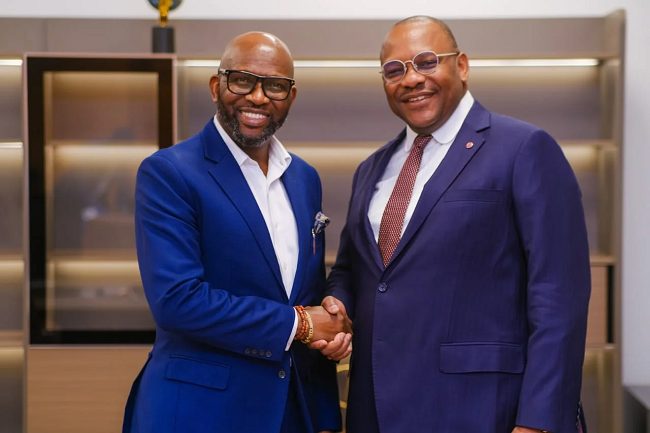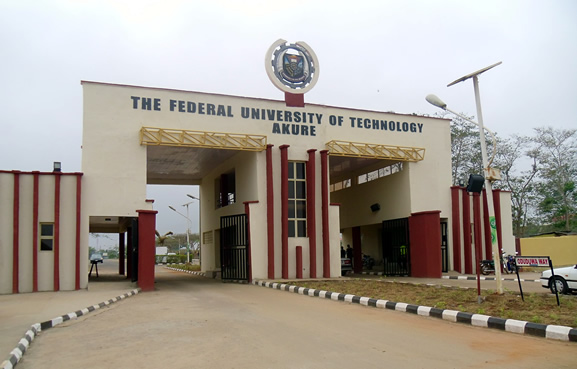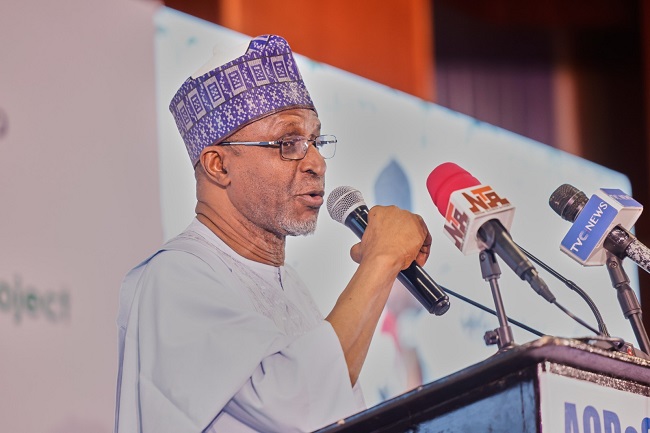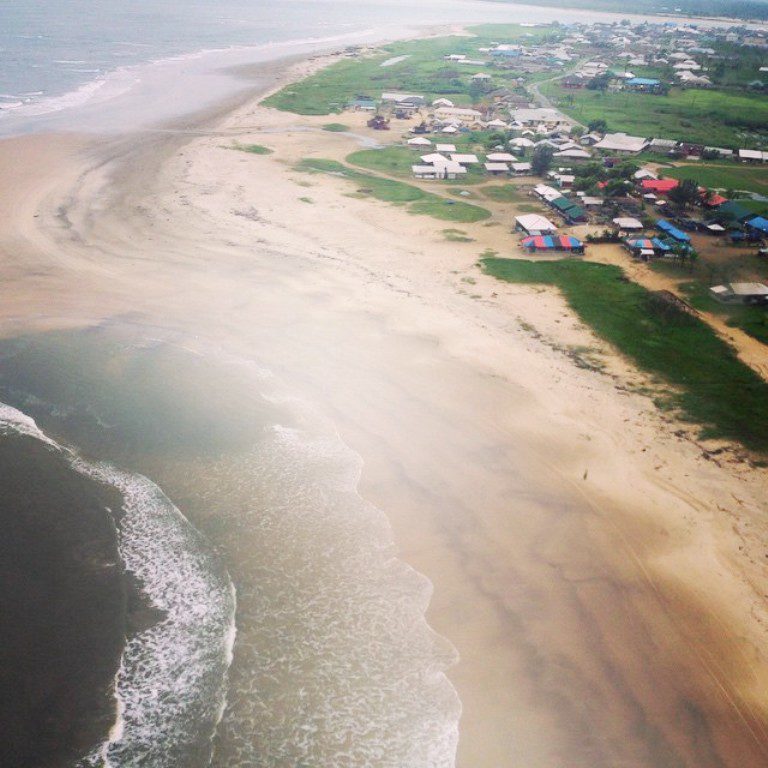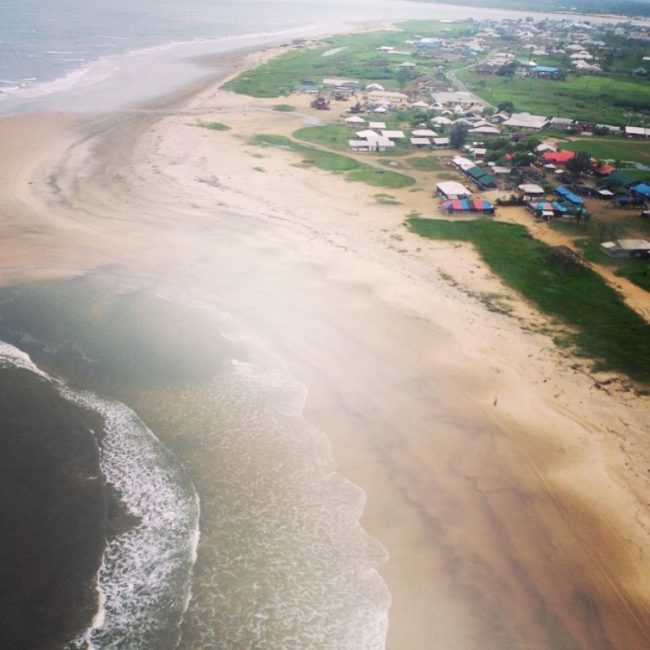Elephant Protection Initiative (EPI) Foundation Friend of the Month for June 2025 is the award-winning wildlife filmmaker from the Republic of Congo, Vianet Djenguet, who was first featured on a blog in 2023. Two years later, EPI caught up with Vianet, who has been working on a series called The Wild Ones, premiering on Apple TV on July 11, 2025.
He features as one of three experts who explore hidden corners of the world, trying to save six endangered species from extinction. With skilful camerawork and survival skills, the team races to find, record, and protect these elusive creatures before it’s too late

Looking back on your journey since we first spoke in our feature blog, how do you feel you’ve grown as a conservationist and storyteller?
Over the years, I’ve grown in both understanding and experience by working closely with conservationists across Africa, Southeast Asia, Europe, and America. I’ve come to understand just how complex conservation truly is, in that what works in one part of the world might not work in another. The key is protecting wildlife while maintaining a balanced ecosystem that includes humans. The goal is coexistence. The model I see most often, and one I believe in, is a symbiotic relationship between people and wildlife. In these systems, communities help protect a species and, in return, receive tangible benefits. There’s real success in that kind of mutual relationship.
As a storyteller, I’ve learnt to trust that both the animals and their stories will speak for themselves. I spend time observing wildlife through a lens, initially seeing them through a human perspective. But the heart of the story lies in what’s at stake for these animals, their need to be heard. These stories often become visceral and emotionally compelling experiences for audiences, who respond with empathy. Ultimately, it’s about connecting people to the natural world.
How did you become involved in The Wild Ones, and what drew you to the project?
I was drawn to the format of The Wild Ones from the very beginning. It gives a voice to species that would not survive without conservation efforts and to the people working tirelessly to protect the last few of their kind. I’ve always loved meeting local communities doing their best, often with limited resources, never backing down from the challenges they face. Witnessing their joy and sense of accomplishment in saving even one animal at a time is incredibly moving. Their dedication, tenacity, and courage deserve to be seen by audiences around the world.
Was there a moment during the filming when you felt particularly grateful for the experiences that brought you to this point?
Many moments during filming made me feel grateful to be part of this journey, but one in particular stands out. While filming off the coast of Canada, the rescue team encountered a right whale entangled in fishing nets. Its mouth was bound, and it was visibly distressed and weakened. The rescue team responded swiftly and decisively. Despite the danger, one flip of the whale’s massive tail could have overturned the boat, but they didn’t give up until the whale was freed. The moment it swam away brought a huge sense of relief and joy.
Another unforgettable moment happened while filming Western Lowland Gorillas in Gabon. The local guides and trackers were visibly overjoyed watching footage of a gorilla troop they had searched for over a long period. That moment revealed just how much these animals mean to them. Capturing the footage gave them hope, not just for the gorillas but for their futures. Successfully habituating that troop has the potential to bring sustainable income to their village, clean water, a school, and the means to protect their home and the forest they share with these magnificent animals.

